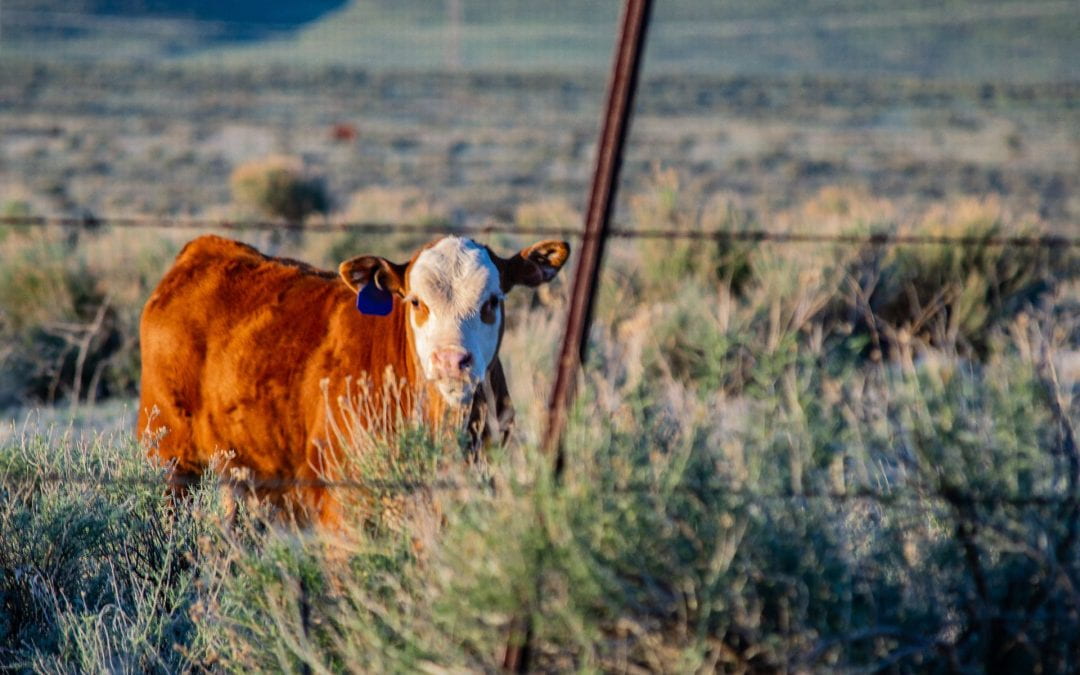The University of New England (UNE) is urging farmers across NSW to disclose their experiences of farm crime as part of the biggest effort ever undertaken to understand rural crime issues.
The NSW Farm Crime Survey 2020 builds on UNE’s benchmarking surveys in NSW over 20 years, and for the first time, will be replicated in other countries around the world.
“This will be our largest coordinated effort to understand more about the incidence and impact of farm crime,” says Dr Kyle Mulrooney, Co-director of the UNE Centre for Rural Criminology.
Farm crime can include livestock theft, theft of machinery or natural resources, trespassing and vandalism.
“Farm crime is a huge problem for our rural communities. We know, from our past research, that up to 80% of NSW farmers have been victim to rural crimes, adding up to millions of dollars across the sector,” Dr Mulrooney says.
“But there are still large gaps in our knowledge that we need to fill to get a better handle on some of the traditionally underreported statistics and experiences of farm crime, or what criminologists call the ‘dark figure’ of crime.
“Through the survey questions, we’re looking to better understand things like rates of victimisation and types of crime experienced, and also psychological aspects like fear of crime, and levels of confidence in police.
“We also want to know what farmers might be willing to do and use to improve the uptake of crime prevention techniques, either through new technologies or adopting preventative behaviours.”
Dr Mulrooney says that the survey will soon also run in other countries, including Brazil, Canada, Sweden, South Africa, England and the US, an opportunity aided by the UNE Centre for Rural Criminology, which connects criminologists around the world.
“Each survey will be coordinated by a local criminologist so it can be adapted to the situation relevant to each country. However, there’ll be a core component of 20 questions replicated across each study, to give us much-needed insight into the similarities and differences in experiences of rural crime around the world.
“Overall, our goal is to improve the relationship between those who experience crime and those responding to it, and to find better ways to work together to effectively reduce it,” Dr Mulrooney says.
“It will take a collaborative effort to make sure that tackling rural crime issues remains a top priority for government and law enforcement here and around the world, and we really do need the insight and knowledge of farmers and landholders to help us do this.”
Farmers, landholders and others working in farming, can find out more and complete the survey online at une.edu.au/nsw-farm-crime-survey-2020.
View this video to find out more about the Centre for Rural Criminology.




Recent Comments